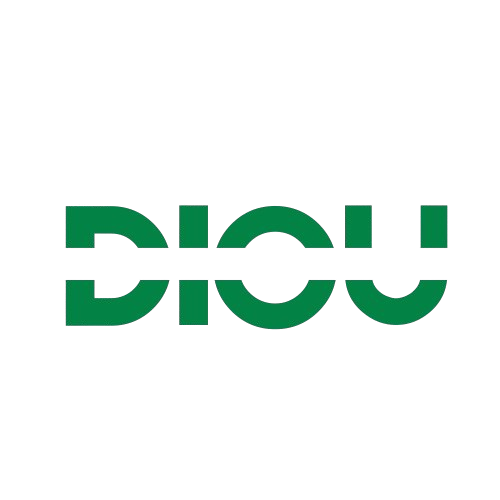1. CONVINCE – Believable and Impactful Leadership
We aim to inspire our students to recognize and embrace the profound significance of leadership in their personal and professional lives. By offering compelling content and opportunities for practical application, our courses nurture a deep sense of conviction. Graduates are equipped to lead with confidence, clarity, and a purpose-driven mindset, ready to make a meaningful difference in their communities and fields of work.
2. CONNECT – Building Trust and Fostering Freedom
Leadership thrives on trust—and trust begins within. Far too often, leadership knowledge remains theoretical and disconnected from real-life experience. Our courses are intentionally designed to cultivate both internal confidence and external trust, creating a foundation for liberty in leadership. Learners discover how to build safe, respectful, and empowering environments where people can grow, collaborate, and flourish under authentic leadership.
3. COLLABORATIVE – Inspiring Innovation and Practical Wisdom
Leadership is not about status—it’s about service and solutions. Our collaborative approach challenges students to become action-oriented leaders who inspire, innovate, and implement. By fostering creativity, critical thinking, and emotional intelligence, we prepare leaders who reject blame and hypocrisy in favor of courage, cooperation, and integrity. The result is a new generation of leaders ready to motivate teams and mobilize change.

